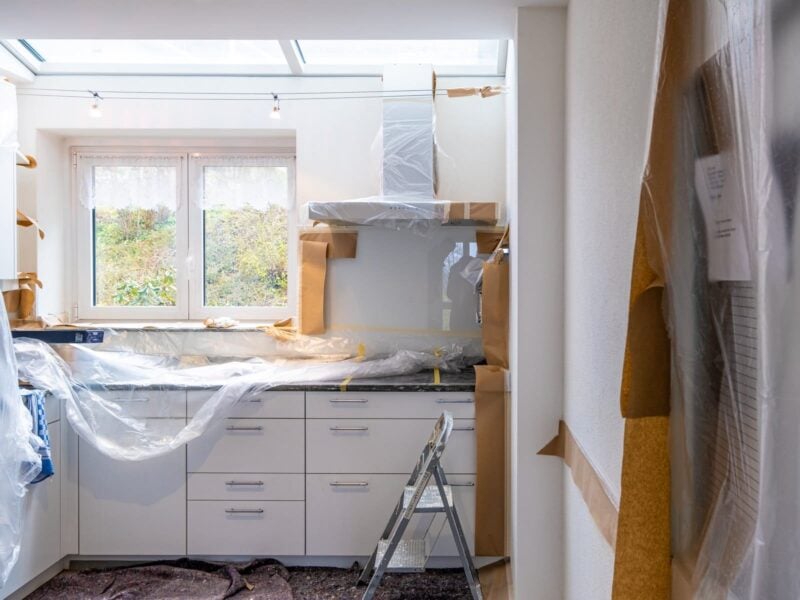
Many people think that they can dive straight in at the deep end with restoration projects, goaded on by wall-to-wall television programmes about making a quick buck in a few months like the professionals.
But the professionals have gone through a hard learning curve and as a result they approach the job with a set of rules that keep them in business. What are the most common mistakes that amateurs make when renovating?
Make a Detailed Plan for the Renovation First
Failing to have a proper plan and fixing all the details at an early stage can cause all sorts of uncertainty and delay. If you don’t have a clear idea for the whole house committed to paper then you can risk doing work that has to be undone further down the line.
Fixing the details such as door handles, kitchen and bathroom suites and even wall colours will mean that there’s no delay, everything can be bought and on-site before it’s needed. Otherwise expensive tradesmen and craftsmen will be hanging around idle while they wait on you for decisions or for supplies to arrive. Proper planning to a detailed level means that you can also prepare a proper budget.
Budget Properly and Monitor Progress
This is one of the most common things to get wrong. If you just guess a figure for everything or just have a rough figure in your head for the whole renovation or restoration project, you are going to have a nasty shock when the bills come in.
You must have a budget for the restoration if you are renovating for profit otherwise how will you know if the project is worth doing? Note down every single little cost then, as the restoration or renovation progresses, check it against that budget. It’s ok to deviate from it but if you’re up-to-date you will then be able to assess the cost of any change, and the impact on the profit at the end, before committing to it.
Get the Right People Working on the House
When renovating never take on the first builder, tradesmen or other person or company that you see. Get at least three quotes for every job and prepare a specification for them to quote against.
Ask for recommendations for previous customers whose work you can inspect, then go and speak to them. Then choose the person who gives you a fair price but also, crucially, that you think you will be able to work best with.
If you are inexperienced at renovating, consider getting a project manager to look after the restoration or renovation on your behalf. This will be an extra cost, of course, but there should be savings from the time and money that could have been wasted through your inexperience or indecision. It may also be that hiring a project manager will allow you to continue in your day job, which can offset the hiring cost.
Know the Area and Your Target Market
It’s vital to know the house prices in the area where you’re doing the project, both for buying and selling. If you get this wrong, and in the current market uncertainty that will be easy to do, you run the risk of making a loss rather than a profit on your renovation.
You need to be aware of the price ceiling in the street or estate too. If the most money a property there has ever sold for is only £40,000 more than you paid for the house, then anything close to, or even above, £40,000 will be an absolute and complete waste of money.
You must be aware of the market you’re aiming at too. Taking a bathroom out and putting a fancy wetroom with a shower and no bath will be a complete waste of money if you’re trying to sell a three-bed semi to a family. Similarly a large kitchen in a one bedroomed flat will be a waste of valuable space. This leads to our final point.
Make Sure the Improvements Add Value
The major fault for first-timers is to waste time and money doing things that they like, rather than being hard-headed and assessing every cost on the basis of the value it will add to the house. It might be great fun putting in that swanky kitchen and all-singing, all-dancing bathroom , but if it’s not going to help you raise the selling price of the house, then it’s a waste of time and money.
Sometimes the best and quickest routes to profit are top quality re-decoration throughout and a thorough going over with the toolbox, putting right all the little problems here and there. Then put the house straight back on the market for a quick turnaround.


